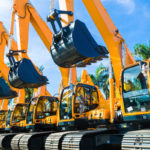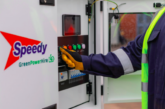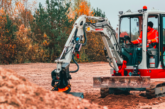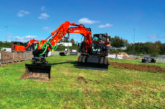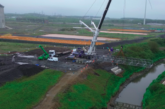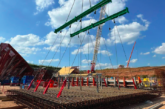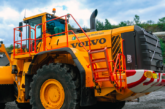The outcome of a study commissioned by the European Rental Association (ERA) has found that rental of construction equipment, as a circular economy model, can significantly help reduce emissions and achieve the Paris climate goals.
The study was conducted by three independent research providers – Climate Neutral Group, CE Delft, and SGS Search – and focused on the building and construction sector. The outcome not only shows that renting construction equipment helps reduce carbon emissions, but also that these reductions can be significant, ranging from 30% to as much as 50% depending on how the equipment is used.
The study identifies various characteristics which ensure that our sector is well-placed to contribute to lowering emissions, namely:
- adequacy (ensuring that the right tool is used for the job, thereby gaining efficiency);
- transport (rental minimises distances travelled);
- utilisation (rented equipment is used more often than non-rented equipment); and
- maintenance (rented equipment is usually well-maintained, which improves efficiency and service life).
Michel Petitjean, Secretary-General of the ERA, said: “Our industry is perfectly placed to drive future discussions on how to further improve the sustainability of construction equipment. To this end, we have identified several areas for further efficiency gains, including making responsible fuel and alternative energy choices, optimising logistics and the transportation of construction equipment, and recovering most materials by ensuring proper recycling and repairs.”
In addition, a recent report from the Intergovernmental Panel on Climate Change (IPCC) states that the building and construction sector must decarbonise by 2050 to meet the goals of the Paris Agreement. In this context, the use of construction equipment is one of the areas where the climate impact can be minimised – which is where rental enters into play.
However, we cannot do this alone, which is why we also need the support of EU policymakers to realise this potential. This includes raising awareness of the significant carbon savings offered by rented equipment, particularly in the context of green public procurement. The upcoming EU decarbonisation package is also an opportunity for EU policymakers to send a strong signal and promote equipment rental as a best practice for lowering the overall carbon footprint of the construction sector.
Download the study Carbon Footprint of Construction Equipment here

